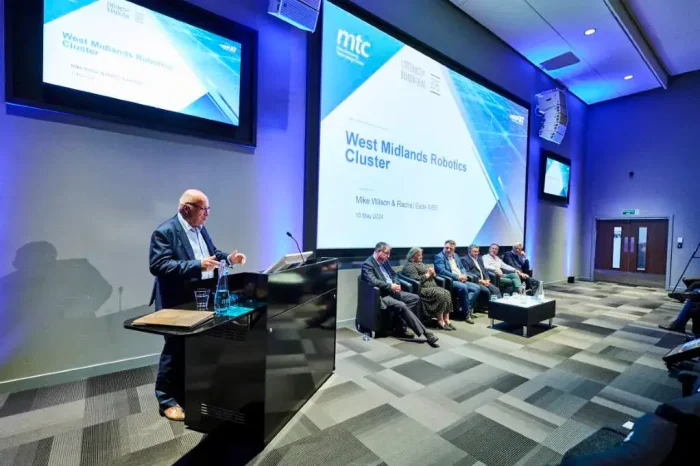Two Warwickshire NHS Trusts pilot AI-based scheduling software

Volunteers at two NHS trusts in the Midlands are using an AI-based scheduling tool to reduce waiting lists and address missed appointments. George Eliot Hospital NHS Trust and South Warwickshire University Hospital NHS Foundation Trust are both trialling a web-based booking platform from software firm Deep Medical called DM Schedules.
Under a six-month pilot, which began in April 2024, volunteers contact patients identified by the software as at risk of missing their appointments. They then assist the patients with rescheduling or offer additional support, such as transport or someone to meet them at the hospital.
DM Schedules leverages AI insights from anonymised patient data to predict the likelihood of a patient missing an appointment and sends personalised reminders accordingly. It also allows the NHS Trusts to establish a backup booking system that automatically fills cancelled appointment slots with patients from a waiting list.
Jenni Northcote chief strategy, improvement and partnership officer at George Eliot Hospital NHS Trust, said: “In this initiative, our volunteers utilise intelligent data to contact individuals who may be struggling to attend appointments and understand the barriers they face in accessing care, or, if they no longer require an appointment, ensure it can be offered to other patients. We have seen a fantastic reduction in DNAs and learned a lot about the issues people face in attending appointments, helping us to develop more patient-focused services”.
Deep Medical is collaborating on the pilot with Helpforce, which specialises in developing and evaluating volunteering services in health and care. Interim results from July 2024 indicate a 33% increase in attendance and a 28.8% reduction in Did Not Attends (DNAs) across the two hospitals since the start of the pilot.
Benyamin Deldar, cofounder of Deep Medical, said: “Deep Medical’s advanced AI helps tackle key barriers that prevent patients from attending appointments, such as the inability to afford hospital parking, limited access to rideshare apps, restricted communication outlets, and complex personal schedules. By addressing these issues, the AI ensures that patients have better access to the healthcare they need”.






